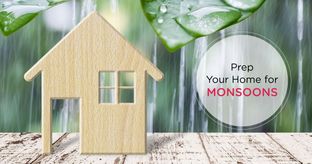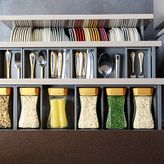In This Article
- #1: Prevent insect infestation
- #2: Prevent and treat damp walls
- #3: Prevent fungus and mold from growing on the walls
- #4: Importance of ventilation
- 5: Maintenance of electricals and pipes
- #6: Maintenance of wood
- #7: What to bring out and what to store away for the season
- #8: Areas prone to being slippery and solutions for it
- #9: Tips for proper storage during monsoons
As the south-west monsoon hits the country bringing in plenty of rainfall and cloud cover, it’s important to gear up and be prepared. Monsoon can be a nightmare for a homeowner, bringing maximum damage to your walls causing leaks, mold, fungus, cracks and chipping paint. During this season of unforeseen and sudden downpours its best to invest time and effort into rainy season cleaning and preventive measures, instead of having to pay for damages later on. These measures will help keep your home damage-free for the next 2-3 months.
Take a look at some of these helpful tips to keep your homes damage free while it rains cats and dogs!
#1: Prevent insect infestation
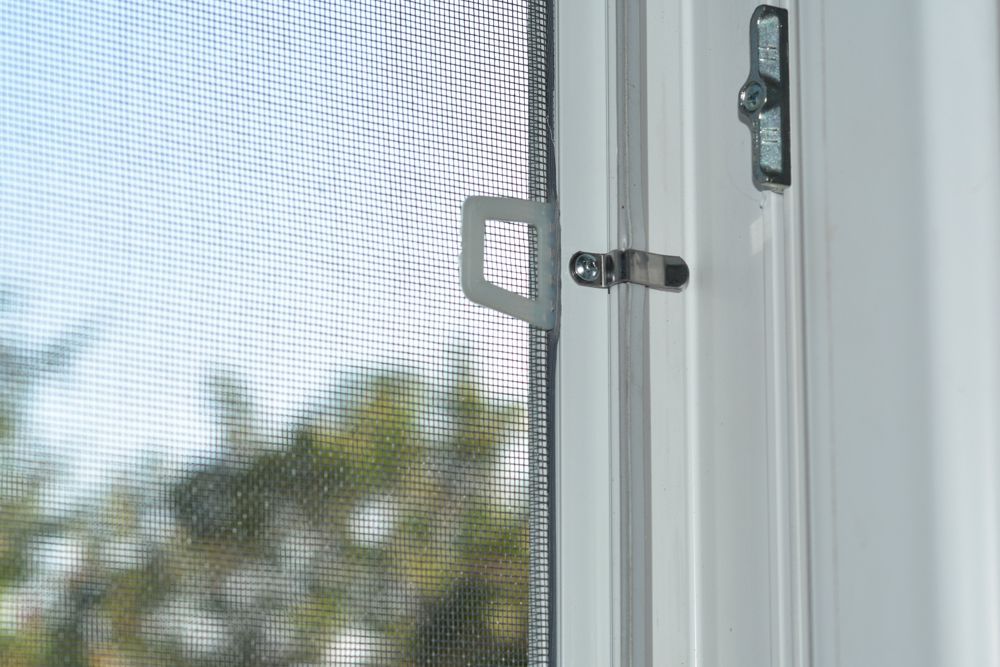
With monsoon comes a warm and humid environment that is perfect for insects and other pesky creatures. Therefore, it’s normal to see insects crawling in and around your house. However, while most are harmless, some of these insects can ruin furniture, walls and spread diseases.
Look out for these insects and opt for the following control measures:
- Mosquitoes: Be it monsoon or summer, open water is a breeding ground for mosquitoes. However, stagnant pools of water during monsoon can be found almost anywhere. Therefore, ensure that there are no buckets of water in your bathrooms or open water coolers. Install mosquito nets to all windows to ensure ventilation while keeping mosquitoes out. You can also use chemical or natural mosquito repellents to get rid of them.
- Termites: These winged insects infest wooden furniture and are extremely difficult to remove. Therefore, opt for preventive measures like treating wooden elements with anti-termite solutions. You can use boric acid, termicide or a number of other chemical solutions.
- Earthworms: Usually found in bathrooms, these worms are harmless and surface during monsoons. However, they are unsightly and can be prevented from infesting your bathroom by keeping it dry at all times or covering the drain.
Are bugs wreaking havoc in your home? Take a look at natural remedies to get rid of them!
#2: Prevent and treat damp walls
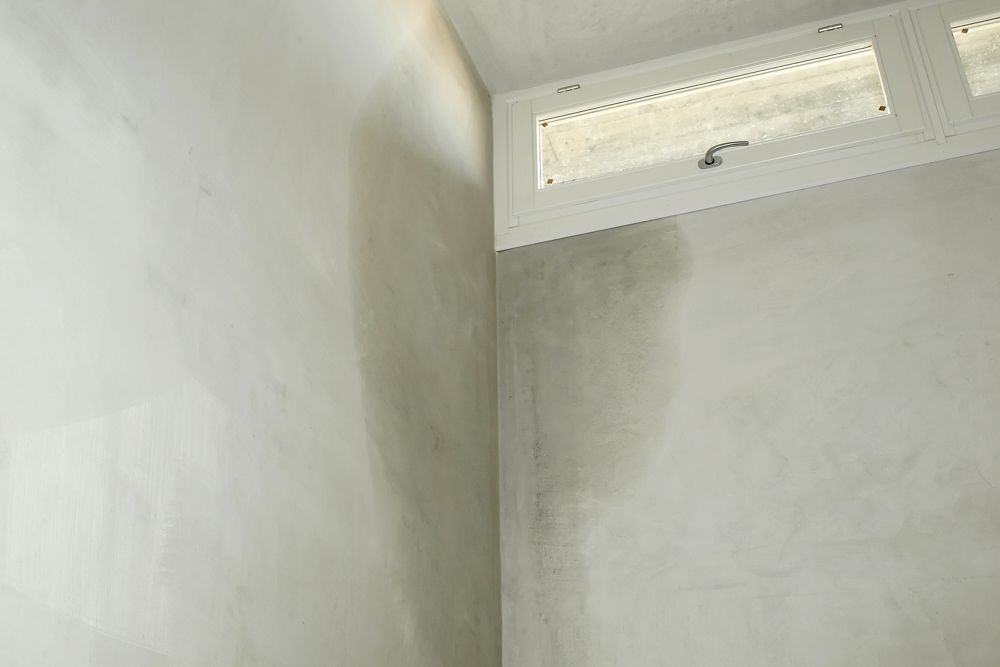
If you notice wet patches on your wall, you are probably a tad bit late. But there is hope! Finding the cause and preventing further damage is one way to deal with the situation.
Look around and spot the wet patches. Where are they?
- If the wet patches are on the ceiling, wall or on the corners, there is probably a drainage block near that area causing the water to seep into the walls.
- If the wet patches are starting from the floor it indicates that moisture is being absorbed by the ground or from some faulty plumbing below it.
- If the wall is just damp and you’re not sure where it started from, it indicates that the room has excess moisture build up. Here, poor ventilation causes condensation to take place all over the walls.
Now that you know the probable cause of damp walls, here are effective ways to prevent damp walls during the monsoon.
- Use sealant, putty or grout to cover cracks on pipes and walls.
- Opt for waterproofing coating on the exterior walls to create a barrier from rain and moisture.
- Invest in a damp proof course, an impervious material built into the brick wall to create a barrier between the ground and wall. This prevents water from the ground level to cause any damage.
- You can also opt for silicon paints for indoors walls that have high water resistant properties.
#3: Prevent fungus and mold from growing on the walls
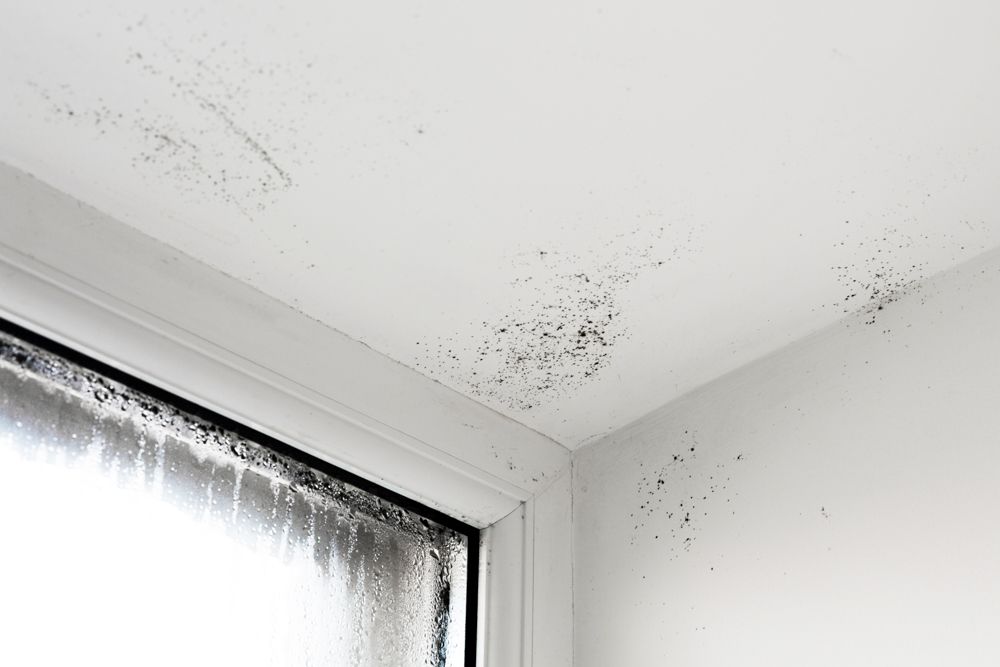
If you can see gross black-ish growth on your walls—that’s mold and when it becomes toxic, its fungus. Found in humid and moisture laden rooms like the basement or bathroom, this dense organism is not always creeping on your walls. Oftentimes they can be present without its dark and spotty appearance on your walls.
As it can be highly poisonous, look out for these signs of mold and fungus.
- Bubbling of paint: If you notice tiny bumps underneath the surface of your wall paint, there is moisture and probably mold too.
- Chimney smell: If your chimney has a musty smell, it’s probably collected a bit of mold from moisture in the kitchen.
- Allergies: If you don’t have asthma you could show symptoms like watery eyes, itchiness, cough and cold.
You must contact a professional to deal with mold and fungus and rainy season cleaning. However, here are easy some ways to prevent mold and fungus:
- Bleach removes mold and mildew from walls, tiles, shower curtains, bathroom mats, etc.
- Borax and vinegar solution can be used with a scrub on affected areas.
- Install a bathroom exhaust fan to facilitate proper ventilation
- Repair leaks in the kitchen and bathrooms.
- Ensure proper ventilation and air flow in all the bedrooms.
#4: Importance of ventilation

Ventilation is a must for every home all throughout the year. As the air inside the home is moist during monsoon it can further increase the growth of mold and fungus. Cross-ventilation will keep humidity levels within the home in check and get rid of any musty smell. Moreover, a well ventilated house has low chances of wall damage from condensation. So, open up those windows and increase the air flow.
Learn about different ways you can enable cross ventilation in your home with this video.
Source: Liveability

5: Maintenance of electricals and pipes
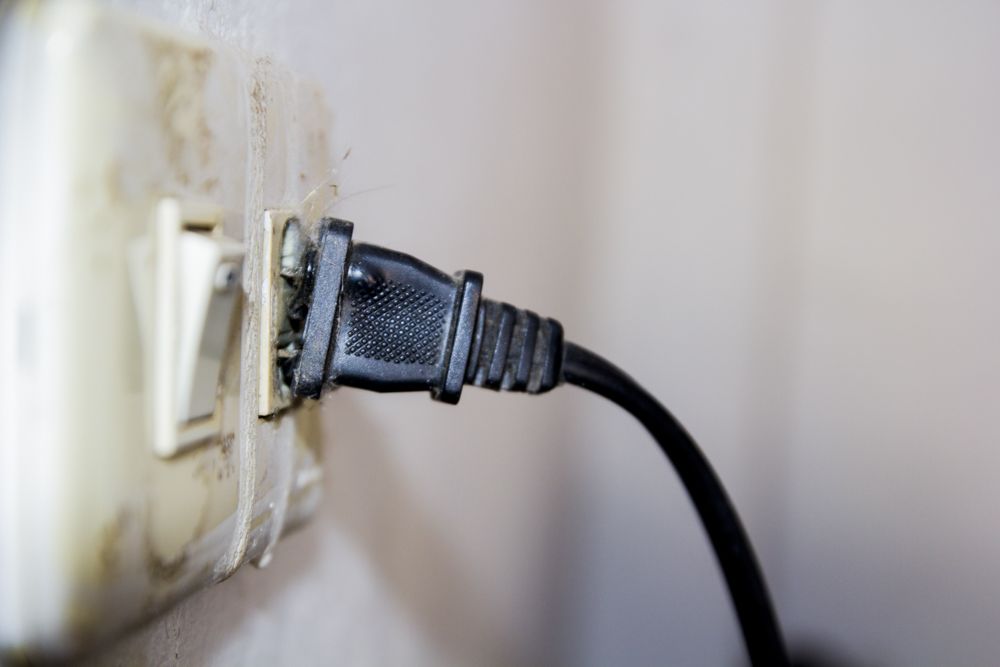
As we all know water and electricity never go hand in hand, especially during monsoon season. Unkempt electricals can cause short circuits and long power cuts or even worse electrical shocks that are extremely painful. Consult an experienced electrician well before the monsoon season starts. Until then, you can use electrical tape to cover any hanging wires, switch boards or fixtures while the main switch is turned off.
On the other hand, corroded pipes are a long term indication of acid rain. Replace metal and concrete pipes that are subject to corrosion or damage with materials that don’t corrode. A great alternative is CPVC pipes and fittings that can withstand acid rain.
#6: Maintenance of wood

Doors: Wooden doors are a popular option among homeowners. But you may have noticed that these doors usually swell up for a few months a year. As a result of moisture accumulation, using wooden doors becomes a challenge during monsoon. For a preventive measure, you can varnish these doors before the season begins. This creates a protective layer and prevents moisture from entering the material.
However, if you are already facing the problem of opening and closing these expanded doors, then call on a profession to sandpaper them.
Furniture: While wooden furniture brings in an elegant and vintage charm, it also comes with plenty of maintenance rules and requires rainy season cleaning for humid cities. Apply a coat of lacquer or polish to prevent moisture from damaging cabinets, chairs, wardrobes, beds, etc.
Flooring: Cracks and leaks will destroy wooden flooring before the humidity or mold gets to it. Ensure that wooden flooring is always away from moisture. Opt for wax sealants that can keep it protected from the onslaught of rains for 2-3 years.
Take a look at this video on how to take care of wooden furniture during monsoons.
#7: What to bring out and what to store away for the season
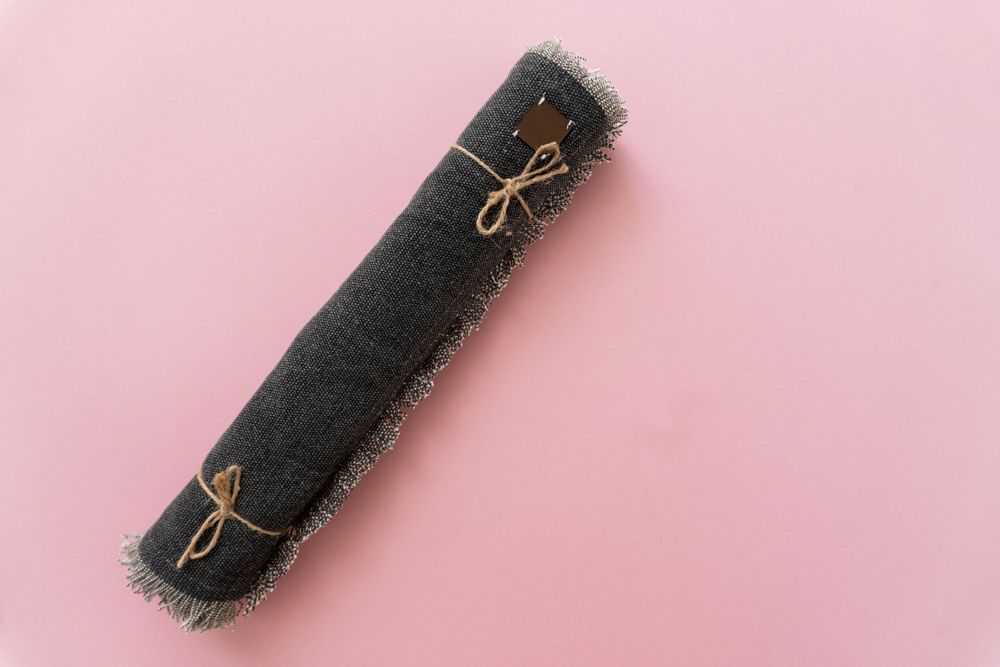
As you bring out your umbrellas and raincoats, there are a few household items that can come out of the storage boxes to make sure this season is easy on your den. Similarly, there are a few household items that will only cause more harm and require rainy season cleaning. Take a look at this list before you begin organising your home:
Bring out
- Water absorbent mats around the house, especially if you have guests or family members going in and out of the house. This helps create a less slippery home.
- Mosquito nets are a must as dengue and malaria are the most common diseases during monsoon and for a few months after the season has passed.
- Invest in a good dehumidifier if you live in coastal regions where the air is humid. It minimises the amount of moisture in the air, thereby reducing the growth of mold, fungus and dust mites.
Store away
- All your rugs. Carpets and rugs can grow mold and mildew in humid weather. This will increase your chance of allergic reactions and will require rainy season cleaning.
- Relocating plants is one of the first tasks to get on with. Monsoon is perfect for some home plants as they can thrive indoors with high levels of humidity. However, plants increase humidity levels. Therefore, place them near windows and away from bedrooms and bathrooms. Get all your questions answered in this video:
Source: Geeks Of Green
#8: Areas prone to being slippery and solutions for it
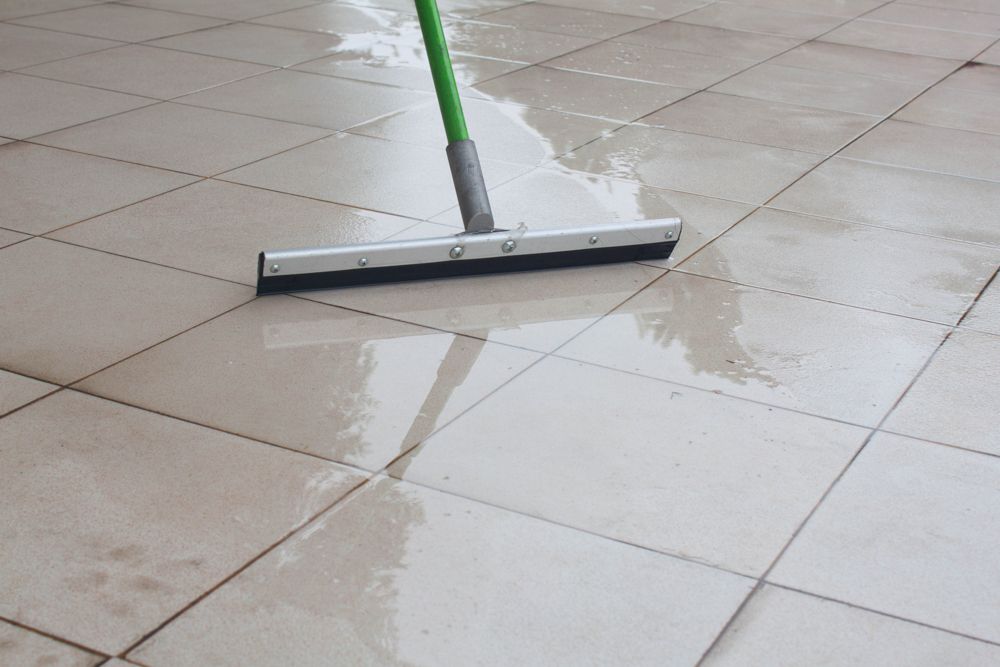
There are a few parts of your home that require immediate attention. Be it an apartment flat or an independent home, your balcony, terrace or front yard are bound to get slippery and unsafe.
What you should do: First and foremost you need to call a plumber to get your plumbing and roof thoroughly checked. Doing this will prevent water patches from appearing after the first spell of rain.
Always have a floor water wiper to immediately drain out water that gets collected in the corners. Furthermore, practice rainy season cleaning and frequent checks of your drains, rain gutters and outdoors pipes to ensure that rain water has a proper outlet. Take a look at 7 Ways To Keep Your Home’s Entrance Dry During Monsoons for more tips.
#9: Tips for proper storage during monsoons
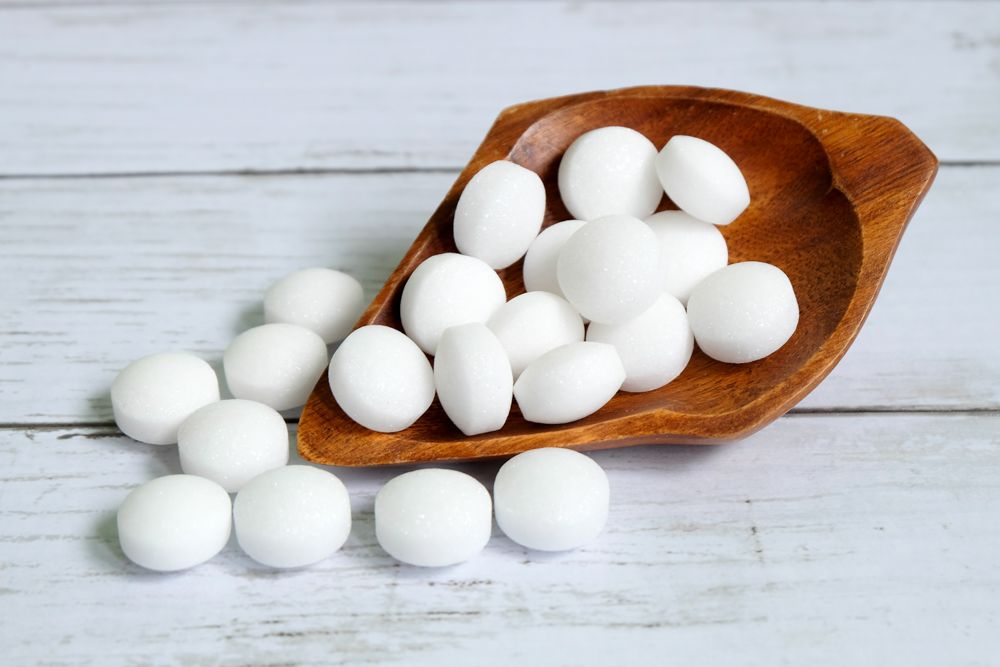
Storing clothes
- Clothes must be dried and stored in well ventilated parts of the home since they cannot be dried outdoors. Try 4 simple clothesline alternatives for a compact apartment.
- Store away clean clothes with silica gel, naphthalene balls or natural alternatives to prevent insects infestation.
- Avoid keeping shoes in cabinets where they can trap moisture.
- Place rolls of newspaper in shoes to absorb any moisture.
- Use cloth bags for storage to dissipate moisture.
Storing food
- Opt for airtight glass jars for salt and sugar to prevent it from hardening or melting.
- Store food products that are prone to getting soggy like biscuits and chips in a dry container with blotting paper or tissue paper.
- Sun dry grains and flours before storing them in airtight containers.
- Place pouches of camphor in a rice jar to ward away insects.
- Wrapping vegetables in newspaper will soak up any extra moisture.
Source: Nancy’s Creativity
Take a look at 7 Quick Decor Tips To Brighten Up Your Monsoons for design and decor tips.
Send in your comments and suggestions to editor@livspace.com.




